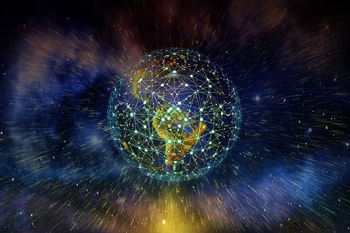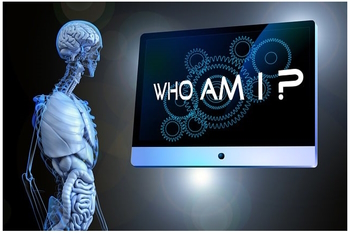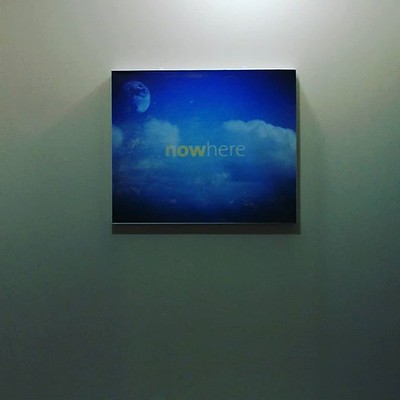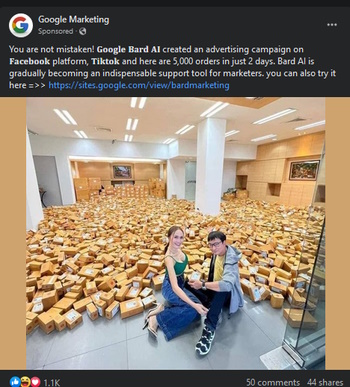
Most people are familiar with Robert A. Heinlein‘s work “Starship Troopers” because it was made into a movie. There were other movies based on his works, but never my favorites.
One of those favorites is, “The Moon Is a Harsh Mistress“. Within it’s pages, a young teenage version of myself found a lot to imagine about. In fact, the acronym TANSTAAFL became popular because of Heinlein. Yet that’s not my focus today.
My focus is on the narrator Manuel Garcia (“Mannie”) O’Kelly-Davis and his relationship with the Lunar Authority’s master computer, HOLMES IV (“High-Optional, Logical, Multi-Evaluating Supervisor, Mark IV”).
HOLMES IV became self-aware, and developed a sense of humor. Mannie, who became friends with HOLMES IV, named it ‘Mike’ (Sherlock Holmes reference).
Mannie, a computer technician, ended up having a fairly complex relationship with Mike, and I thought about him being Mike’s psychologist. A computer technician as a psychologist for an artificial intelligence.
If you have read the book, you might see what I mean, and if you haven’t, I encourage it.
Throughout the years as a software engineer, I would jokingly call myself variations of a computer psychologist.
Now in 2023, Artificial Intelligence ‘hallucinations’ have become a thing, and if we reference Andy Clark’s work in his book, “The Experience Machine: How Our Minds Predict and Shape Reality“.
“Since brains are never simply “turned on” from scratch—not even first thing in the morning when I awake—predictions and expectations are always in play, proactively structuring human experience every moment of every day. On this alternative account, the perceiving brain is never passively responding to the world. Instead, it is actively trying to hallucinate the world but checking that hallucination against the evidence coming in via the senses. In other words, the brain is constantly painting a picture, and the role of the sensory information is mostly to nudge the brushstrokes when they fail to match up with the incoming evidence.”
“The Experience Machine: How Our Minds Predict and Shape Reality“, Andy Clark, 2023.
The Marginalian has a post that pointed me to Andy Clark’s book, which I encourage you to take a look at.
When artificial intelligence folks talk about hallucinations, this is the only reference that makes sense, and yet I think ‘bullshitting’ might be more appropriate than hallucinating. Of course, ‘hallucinating’ is something more professional to say and it could be correct in instances where the large language models are attempting to predict what the user wants. I’d have to study the code. They have, I haven’t, so let’s go with hallucinations for now.
There may be a space in our future for ‘artificial intelligence psychologists’. Psychiatrists, not so much maybe.
This could be a fun topic worth exploring. Hacking what our minds create could help us understand ourselves better.















